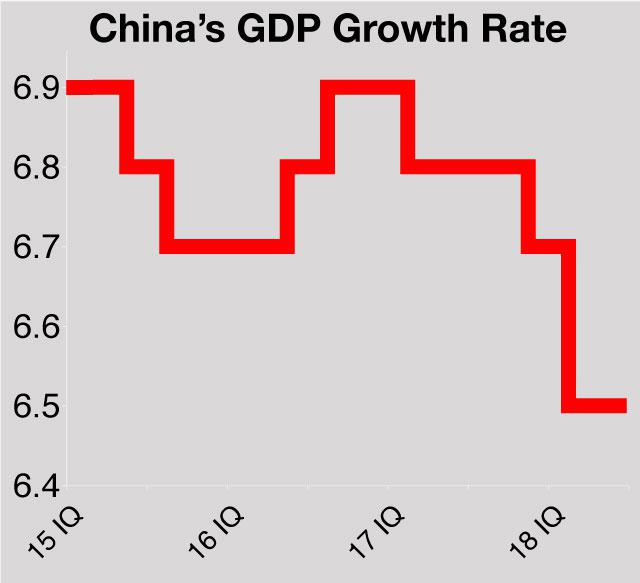

Goldilocks economy and new business driver#
Sound familiar? Of course, the biggest driver of inflation, the energy crisis, did come in the 1970s. Many of the root causes began in the 1960s when governments and central banks pushed expansionary policies in the face of tight labour markets and expensive stock markets. The 1970s have a terrible reputation for investors, due to the decade’s negative real returns for both stocks and bonds, but as usual, the reality wasn’t that simple. Where it all went wrong – the stagflationary 1970s We focus mostly on the United States, as it’s the biggest economy and market in the world, with the most important currency and most powerful central bank, the Federal Reserve or “the Fed”. To do this, we look back to the decade where everything last went badly wrong – the 1970s. To figure out where we may be headed, it’s useful firstly to understand how we got here. Reviving the coal industry might be good for running-dog capitalists but is hardly the way of the future.Economists can debate the rights and wrongs of central bank policies, but most investors look at the fallen markets and scratch their heads – are there any reasonable returns to be had, or is it all just risk ahead? Even if markets recover and asset returns are ok, will inflation eat up all the gains? In other words, is the “Goldilocks” era of not-too-cold growth and not-too-hot inflation over? Slashing science and research and development budgets is hardly healthy for long-term innovation. The President's deregulation push could come with heavy costs to banking stability and the environment. But what of the longer-term costs? Few economists believe the cuts will create enough growth and tax revenues to ward off dangerous new deficit and debt levels. If income inequality is a central problem of our times, the tax cut is more likely to exacerbate rather than alleviate it.įor the near future, the cuts will likely spur economic growth. The Trump tax cut, his biggest economic initiative, helps some in the middle class for a limited period but is a bigger boon for the wealthy. What he will do with the North American free-trade agreement remains to be seen. Trump took his country out of the Trans-Pacific Partnership, which most economists regard as a foolhardy move.

France elected a devotee of globalization in Emmanuel Macron while pushing back Marine Le Pen's nativism. Brexit isn't turning out to be the threat it was feared to be. But since that time the global economy has fared very well, while populism has been in retreat. At Davos last year, everyone was wary, fearing the international economic order was under siege. Trump was elected on a populist wave that, he said, would spark great change. But at the end of the day, what does that matter? What matters is that people are doing better where it counts: in their wallets.ĭesign has something to do with it. The media can squawk on and on, say Trump backers, about his shock talk, his boorish, unpresidential behaviour. When he took office, 46 per cent of Americans rated the economy as excellent or good in a Quinnipiac University poll. Trump deserves some credit for the good times, economists surveyed by The Wall Street Journal say. while dimming it for competitors such as Canada.

The Republicans' king-size corporate tax cut is increasing investment attractiveness for the U.S. has announced a five-year, $30-billion (U.S.) investment plan. Trump's "America first" rants, in combination with his tax initiatives, are prompting companies to invest at home.


 0 kommentar(er)
0 kommentar(er)
